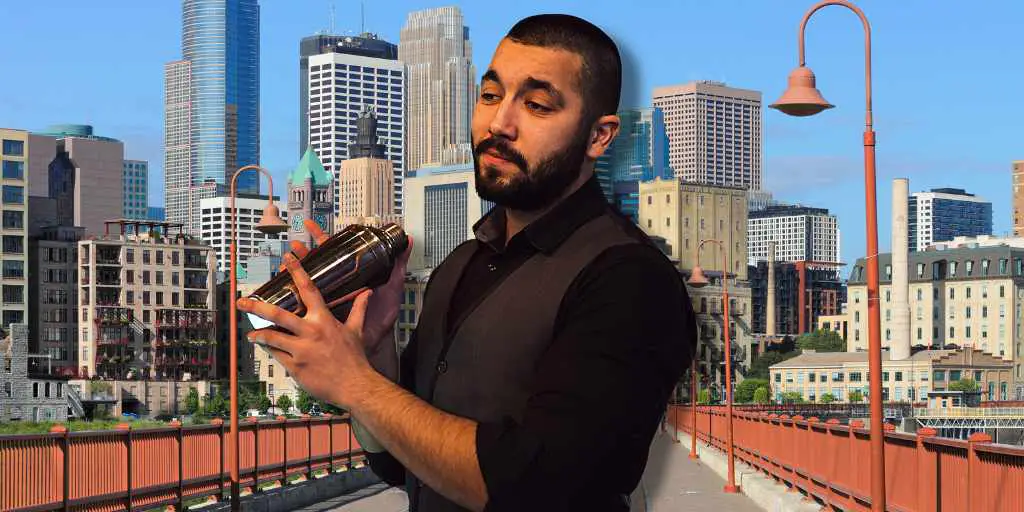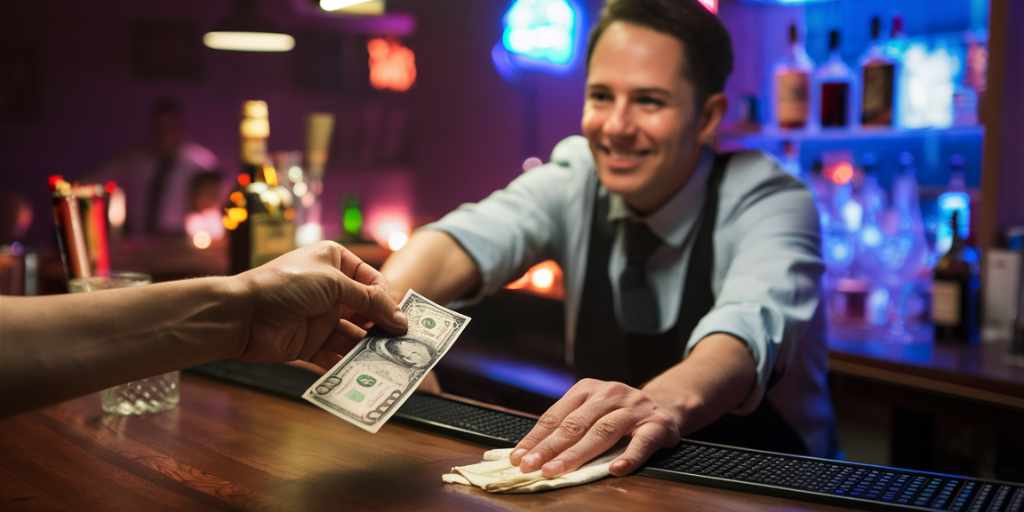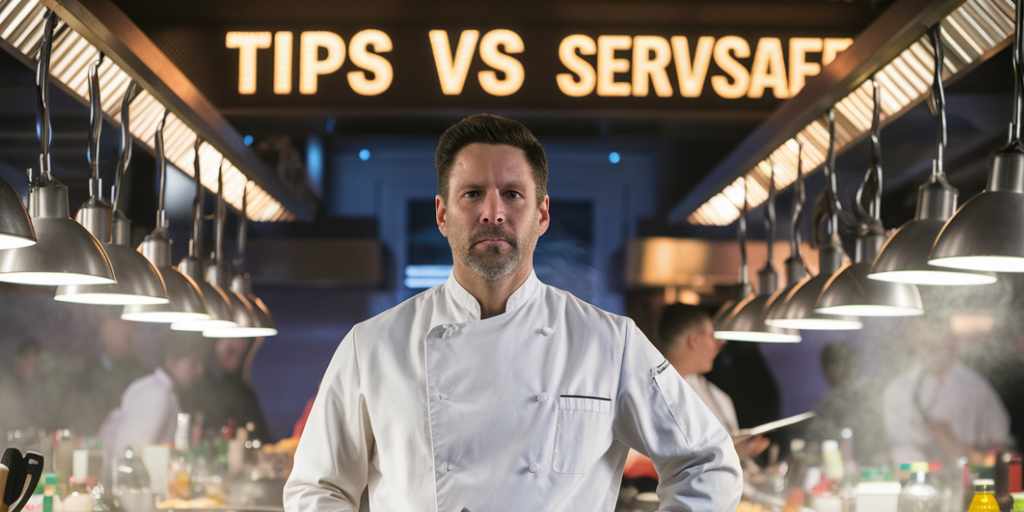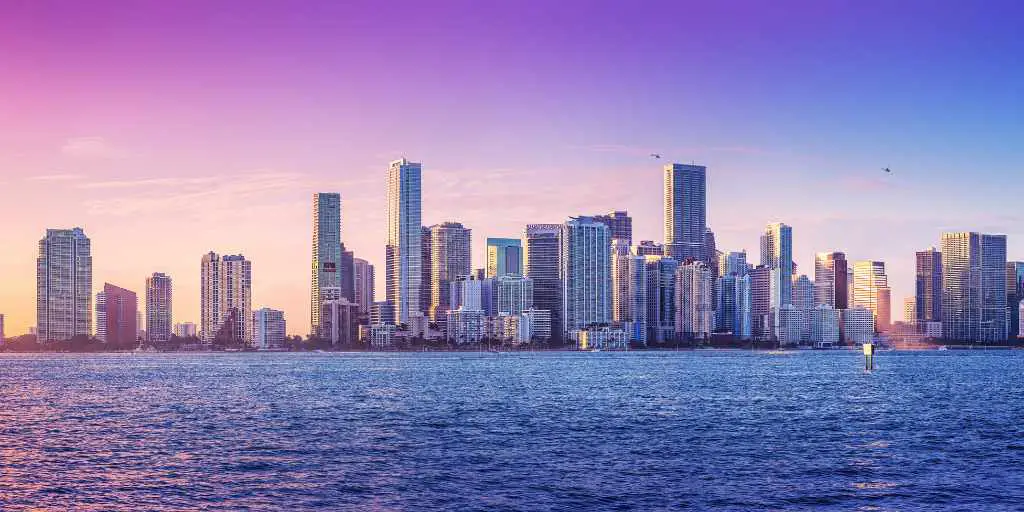Are you interested in pursuing a career as a bartender in Minnesota? Becoming a licensed bartender can open up a world of opportunities, from working in trendy bars and restaurants to entertaining guests at private events. However, before you can start pouring drinks and earning tips
In this article, we’ll walk you through the requirements for becoming a licensed bartender in Minnesota, including the minimum age requirement and alcohol training courses. We’ll also discuss employment opportunities for licensed bartenders in Minnesota and answer some frequently asked questions about the industry.
Whether you’re just starting or looking to take your bartending career to the next level, this guide will provide the information you need to succeed in Minnesota’s thriving hospitality industry.
Bartending License Requirements for Minnesota
Do You Need a Bartending License in Minnesota?
No, there are no state regulations in Minnesota that mandate a server or bartender to be licensed to sell alcohol. However, it’s important to note that some employers may still require their bartenders to complete such courses regardless of state or city laws. National training courses like TIPS are one you might consider getting.
Minimum Age To Serve Alcoholic Beverages In Minnesota:
You can start bartending at 18 in Minnesota, according to the APIS. There aren’t separate classes for servers and bartenders who mix drinks as in some other states.
What Is the Job Market Like for Bartenders in Minnesota?
According to the Bureau of Labor Statistics, the employment of bartenders in Minnesota is expected to grow by 2.8% from 2019 to 2029, which is roughly on par with the national average.
What Cities Are Good Places for Bartending Work in Minnesota?
Several cities in Minnesota are known for their thriving bar and restaurant scenes, making them great places for bartending work. Here are a few examples:
- Minneapolis: As the largest city in Minnesota, Minneapolis has a bustling downtown area with plenty of bars and restaurants that offer a variety of bartending opportunities. The city is also home to many popular events and festivals throughout the year, which can provide additional job opportunities for bartenders.
- Saint Paul: Located just across the river from Minneapolis, Saint Paul also has a lively bar and restaurant scene with various establishments ranging from casual pubs to upscale cocktail bars.
- Duluth: Situated on the shore of Lake Superior, Duluth is a popular tourist destination that offers a range of bartending opportunities in its many bars and restaurants.
- Rochester: As the third largest city in Minnesota, Rochester is home to several bars and restaurants that cater to locals and visitors alike.
- Bloomington: Located near the Minneapolis-Saint Paul International Airport, Bloomington is home to many hotels and restaurants that offer bartending opportunities in a busy, fast-paced environment.
These are just a few examples, and many other cities and college towns in Minnesota that offer opportunities for bartenders, especially as a college job.
How Much Money Do Bartenders Make in Minnesota?
According to websites like Indeed and Intuit, the average base salary for a bartender in Minnesota is $13.37 or $29,000 per year as of 2023, according to Intuit Mint’s data based on tax returns.
However, some bartenders may earn more than this, depending on their skill level and the type of establishment they work in. For example, bartenders who work in upscale restaurants, hotels, and nightclubs may earn higher wages and tips than those who work in more casual bars and pubs.
Minnesota Bartender License FAQ
Here are some questions people often ask about becoming a bartender in Minnesota.
Are Local Bartenders Required To Obtain a License?
No, there is no requirement to get a bartender’s licence or certificate in Minnesota.
Can You Serve Alcohol Under 18?
No, the age to serve alcohol or bartend is 18 in Minnesota. According to the guide, “No person under 18 years of age may serve or sell intoxicating liquor in a retail intoxicating liquor establishment.”
Who Regulates Alcohol in Minnesota?
The Minnesota Department of Public Safety’s Alcohol and Gambling Enforcement Division oversees the sale and licencing of alcohol in the state. They publish a guide to alcohol sales and licencing here.
What are Minnesota’s RAVE and POLD Programs?
The Retail Alcohol Vendor Enforcement (RAVE) program is an initiative in Minnesota that educates licensed alcohol establishments on safe and responsible alcohol service. RAVE focuses on businesses that do not comply with the law and over-serve customers, especially underage customers. The program places enforcement personnel in the business to observe sales and service practices and take appropriate action if necessary.
The Place of Last Drink (POLD) is an element of RAVE that investigates incidents where over-serving is tied to other criminal activity, such as DWIs and domestic assaults. This strategy has been successful in limiting over-serving and alcohol-related crimes.
The Department of Public Safety – Alcohol and Gambling Enforcement (AGED) is currently looking for departments to pilot communities in using RAVE and POLD. It will assist in setting up the program at no charge.
Conclusion
In conclusion, pursuing a career as a licensed bartender in Minnesota can be a lucrative and exciting opportunity. While there are no state regulations mandating a bartender to be licensed to sell alcohol, it is important to note that some employers may require such courses.
As for job opportunities, several cities in Minnesota, including Minneapolis, Saint Paul, Duluth, Rochester, and Bloomington, offer thriving bar and restaurant scenes with various bartending opportunities.
Bartenders in Minnesota can earn an average base salary of $13.37 per hour or $29,000 per year, with the potential to earn higher wages and tips depending on their skill level and the type of establishment they work in.
If you’re interested in bartending in other American states, we’ve written an article about bartending requirements across America here.




